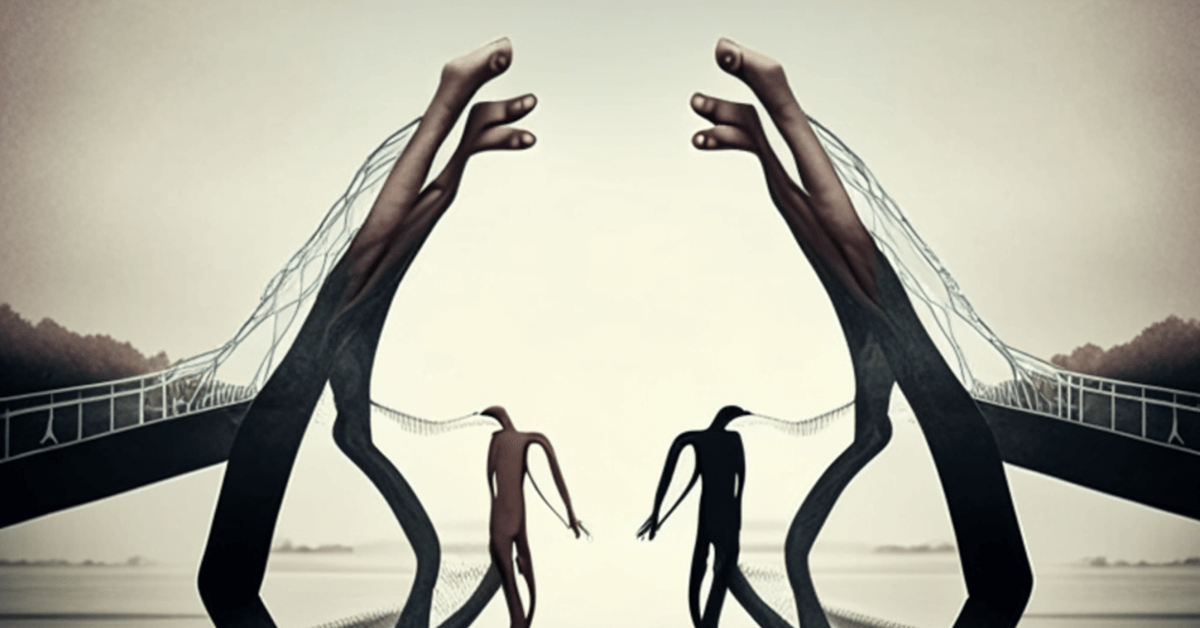June 12, 2023
When I was fresh from college and unsure what came next, I found myself in a career-counseling session that suggested I wasn’t very good at a great many things. Still, there was hope for me, given my instinct to connect. I was characterized as a “bridge-builder” and advised that a profession—like teaching—that featured plenty of human contact would suit me. It did, for twenty years. More recently, I leaned even more heavily into my bridge-building tendencies, writing a book called Learning to Depolarize and starting Middle Ground School Solutions to help prepare today’s students to ease tomorrow’s political polarization.
It is my job, then, to help educators reach across lines of divide and find the motivation and tools to help students do so because political polarization is an enduring challenge that awaits those students. This work animates people, although questions arise. One of the most vexing of these speaks to a quote widely attributed to James Baldwin but which is in fact the product of author Robert Jones, Jr. His tweet (since deleted) resonated with many: “We can disagree and still love each other unless your disagreement is rooted in my…

